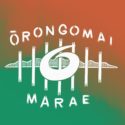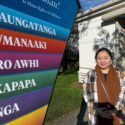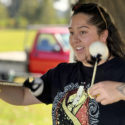Aotearoa Latin American Community Inc (ALAC) has seen excellent results from the pilot of Escuela del Buen Vivir Wellbeing Toolbox, an innovative community-driven resettlement programme for Spanish speaking former refugees and migrants.
Those behind the initiative are now looking for opportunities to share the benefits with other recently arrived New Zealanders.
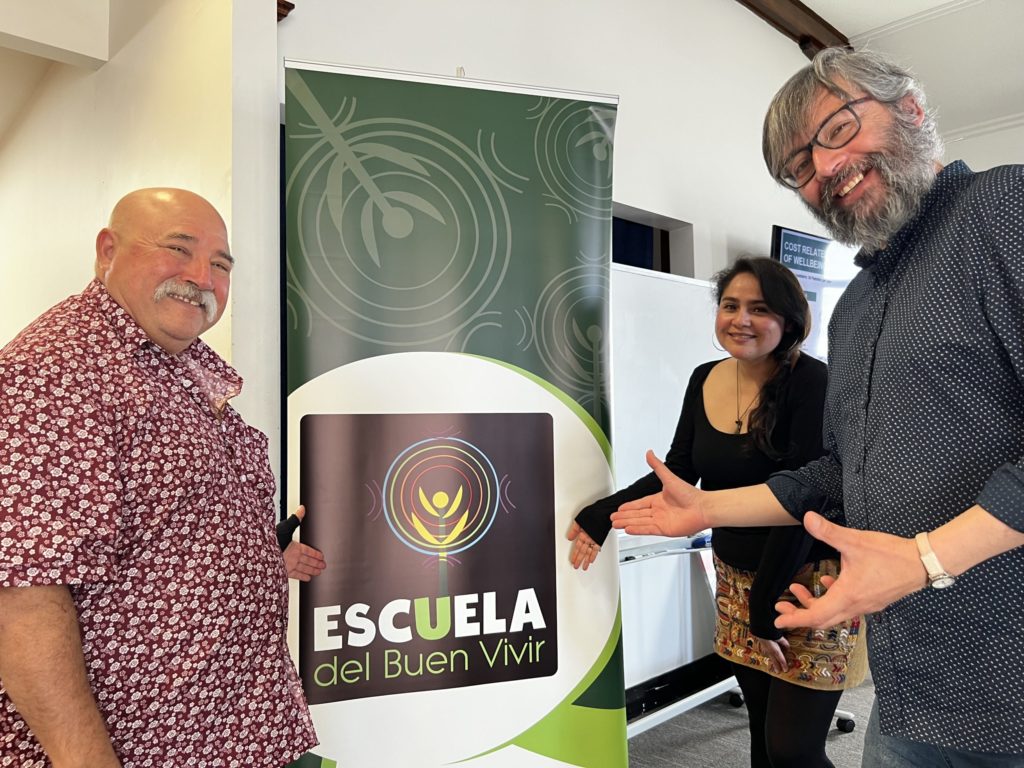
Supporting migrants to settle and thrive
Former refugees and migrants from Latin America have mined their own experience to develop the Escuela del Buen Vivir Wellbeing Toolbox, a ground-breaking resettlement programme to help recent newcomers flourish in their new home.
The ALAC Wellbeing Toolbox is actually a series of workshops and activities grouped into seven modules. It’s been researched, developed, and piloted over the last three years by ALAC, a community organisation that provides social services to immigrants of all backgrounds.
The modules and accompanying written resources help people to integrate their traditional values and past – often traumatic – experiences with the norms and values of the communities in which they and their children are building new lives.
The Toolbox also offers strategies to help participants better understand their own needs as well as those of their children, and the expectations of those living around them. They also explore conflict resolution, money management, and wholistic approaches to health.
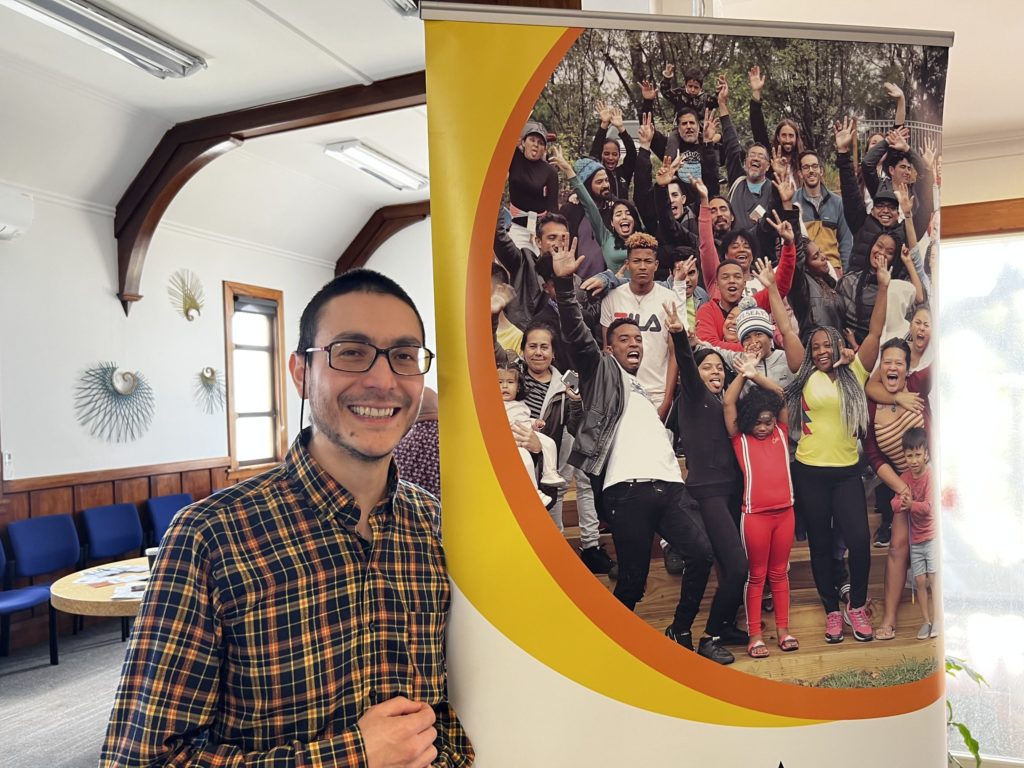
Participants can work through the modules as a group or in their own time with the support of specially trained Wellness Workers from various South American communities.
Inspiring results from ALAC Wellbeing Toolbox pilot programme
Colombian social worker Carlos Prieto is the Escuela del Buen Vivir Programme Coordinator. He worked alongside professional researchers and ALAC colleagues to develop Escuela del Buen Vivir Wellbeing Toolbox.
He also tested it by running a pilot programme with seven former refugee families living in Wellington, Hamilton, and Auckland. Most were from Colombia and had spent years in camps in Ecuador having escaped the armed conflict between government forces and drug cartels.
In New Zealand, these whānau were often isolated from other Spanish speaking people. They also found it hard to develop friendships with other families around them.
The ALAC Wellbeing Toolbox pilot programme helped change that. It gently challenged traditional attitudes to gender roles and childrearing practices. It also encouraged participants to value their own health and wellbeing as important to the future successful resettlement of the whole family.
Initially, Carlos said, they were unsure about the whole thing.
“If they didn’t know you and thought you may be an official of some kind, they didn’t trust you. Once they understood who we were and what we were doing they really got involved,” he said.
Carlos is confident that the ALAC Wellbeing Toolbox has already encouraged many participants to take advantage of the opportunities available to them in New Zealand.
“We changed their minds on many things. The expression on their faces told me a lot about the pride they had in gaining the knowledge and the tools to create better lives for their families.”
Carlos Prieto
He’s staying in touch with the families and is observing a stronger sense of engagement and happiness among them. He’s also increasingly seeing them at community gatherings and other events run by ALAC.
Ongoing support from E Tū Whānau
Building on a well-established, supportive relationship with ALAC, E Tū Whānau helped to develop the measurement and evaluation components of the Wellbeing Toolbox. These components provided objective and scientifically rigorous ways of tracking the success and impact of the initiative.
“We have to know if it works for the people who use it and, based on the responses we’ve had so far, it certainly is.”
Esteban Espinoza, ALAC Founder and Director
Esteban says that feedback from the ALAC Wellbeing Toolbox pilot programme is inspiring. He wants to share with others the knowledge that ALAC and the former refugee and migrant families have developed between them.
ALAC is actively seeking additional support to make the programme available to other community groups, government agencies and NGOs working in Aotearoa New Zealand with refugees and migrants from any background. Esteban believes that the programme is unique to New Zealand.
“We know of something similar in Chile for communities affected by addiction, but we’ve never heard of anything anywhere that tackles resettlement in the same way.”
Esteban Espinoza, ALAC Founder and Director
ALAC has translated the programme into English so that it can be used with modification by other communities.
Want more?
ALAC was one of the finalists in the E Tū Whānau Ann Dysart Kahukura Award 2022. Read about their kaupapa and why they were nominated for the Award.
Learn more about E Tū Whānau kahukura or watch highlights of E Tū Whānau Ann Dysart Kahukura Award 2022.
Check out ALAC on Facebook.

